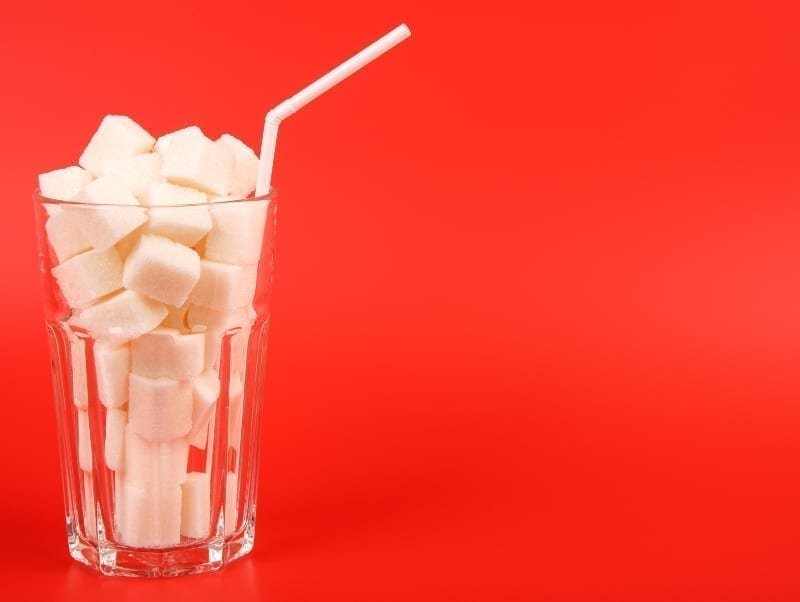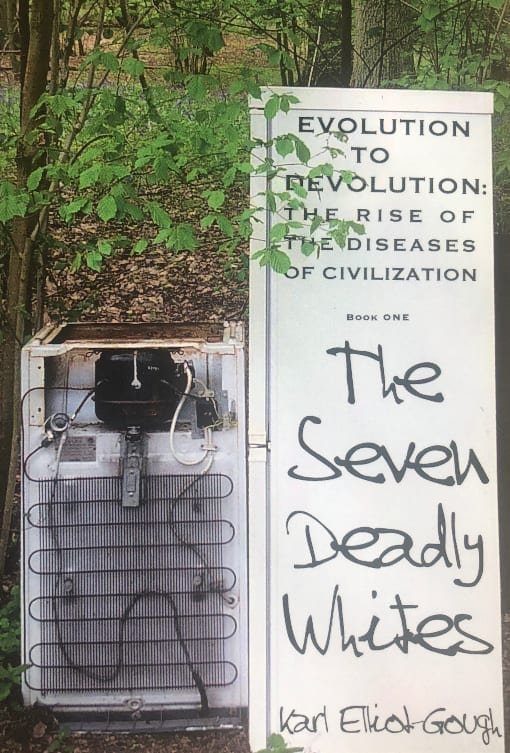This article first appeared in our autumn ’18 issue of MyGreenPod Magazine, The Consumer Revolution, distributed with the Guardian on 16 Nov 2018. Click here to subscribe to our digital edition and get each issue delivered straight to your inbox
The first thing to get straight is that sugar is the main culprit when looking for a causative factor in many diseases, especially those diseases referred to as the diseases of civilisation (cancers, heart disease, iatrogenics, diabetes, depression, dementia, obesity and many more).
If processed sugar were not in our diet, there is exceedingly strong historical epidemiological evidence to suggest that many diseases would either never occur, or that their severity would be considerably diminished.
So unquestionably, reducing sugar consumption has to be a health priority, though sadly the sugar tax is unlikely to make the situation any better – or make any impact on the insane consumption of sugar eaten by the public. In fact, it’ll probably make the situation worse. Here’s why.
What’s in a name?
It’s not actually called ‘the sugar tax’ – it’s The Soft Drinks Industry Levy (SDIL). As the name suggests, it only applies to soft drinks – not sweets, cakes, biscuits or other sugar-heavy ‘food’ items.
For drinks with more than 5g of added sugar per 100g of drink, the levy will be 18p per litre; for those with 8g or more per 100ml it will be 24p per litre.
A standard can of coke contains over 10% sugar, as do all popular soft drinks. This means the highest levy will apply, which is why producers are making new formulations of their popular drinks.
By reformulating and swapping sugar for calorie-free sweeteners, the producers will be allowed to label their drinks as healthier and low calorie – they’ll even earn tax breaks for making the transition.
The government claims that the producers needn’t pass on the levy to their customers by raising prices, but they probably will.
If it’s the sugar making the public fatter, then will removing it – and increasing exercise – be the answer? Yes. But will replacing sugar with calorie-light sweeteners be the healthiest option? No.
Aspartame and saccharine
Reams of scientific evidence and numerous personal accounts point to the dangers and side-effects of just one of the main artificial sweeteners, aspartame. Aspartame is so controversial that it will have to have its own column soon.
It truly is a conspiracy theorist’s dream, but the bottom line is that it’s legal and it appears throughout the food chain, even though it is extremely dangerous.
The same goes for saccharine, with repeated links to neurological damage, cancer and hyperactivity. If sugar is replaced with these alternatives, there will be a health calamity in five years’ time.
Some of the other sweeteners include acesulphame K, erythritol, glycerol, HFCS, isomalt, lactitol, maltitol, mannitol, neotame, sorbitol, sucralose, tagatose and xylitol. The science around the safety of these artificial sweeteners is flimsy – to say the least – and the human trials limited, especially when looking at constant consumption. Still, there are links to cancer, diabetes, neurological dysfunctions, obesity, liver and pancreas damage.
It seems a population-wide experiment is currently underway to see the side-effects from this further desecration of the food chain.
 Play Video about This Rock Might Just Save The World
Play Video about This Rock Might Just Save The World Play Video about Play 2 hours of rock
Play Video about Play 2 hours of rock Play Video about Play 2 hours of brook
Play Video about Play 2 hours of brook Play Video about Play 2 hours of sheep
Play Video about Play 2 hours of sheep












































